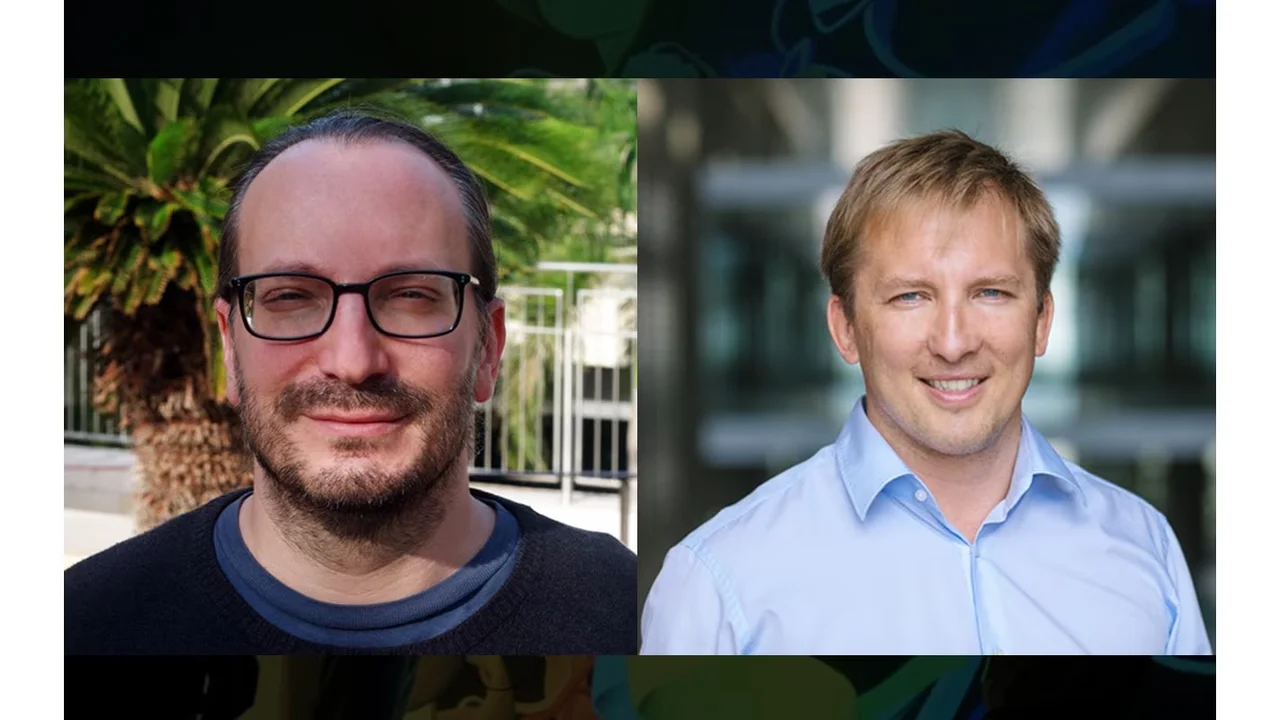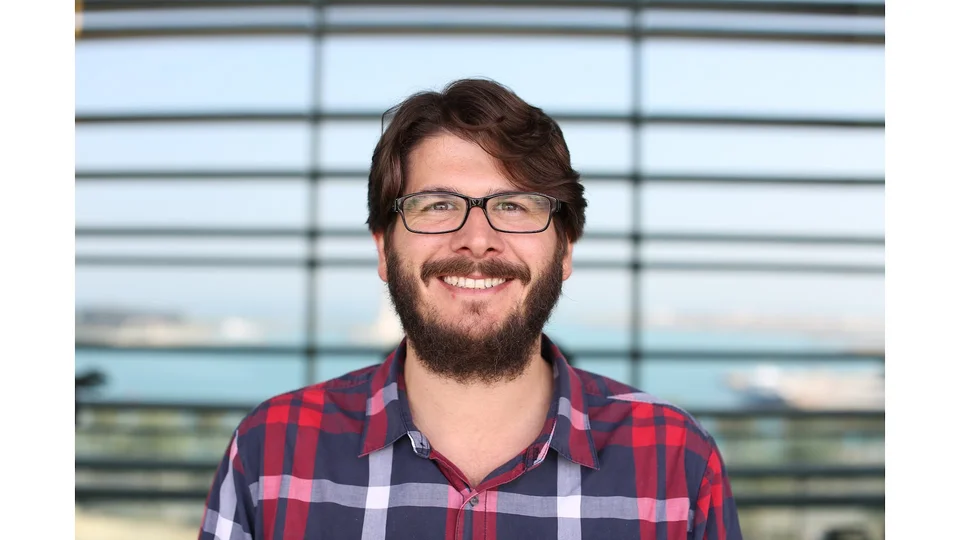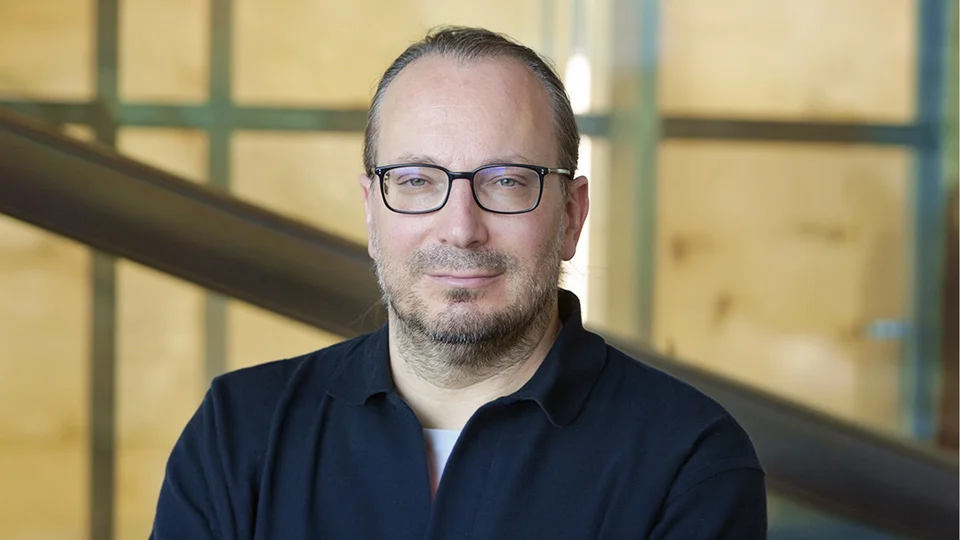
Two papers from KAUST's Visual Computing Center were recognized at IEEE VIS 2023, with one introducing a new method for detecting and visualizing vortex structures in 2D fluid flows, and the other presenting a framework for physicalizing biological structures as 3D-printed models.
About
KAUST is proud to announce that papers by two groups from its Visual Computing Center were recognized at IEEE VIS 2023, the premier forum for the latest on visualization and visual analytics research. The six-day event is annually organized by IEEE and attended by members from universities, government and industry.
The first piece, submitted by Prof. Markus Hadwiger's group collaboration with the Visualization Core Lab, was recognized as one of six best papers at the conference. The paper introduces a new method to detect and visualize vortex structures in unsteady 2D fluid flows without pre-processing of the simulation data. Thus, users can jointly optimize a vortex core line and a reference frame motion interactively, considerably reducing the time required for the analysis, a savings that grows with the size of the dataset. The method is applicable to many physical situations, such as heat transport, ocean currents, and aerodynamic flow.
Dr. Peter Rautek, first author of the paper, explained the main benefits of the method as follows.
"Through joint optimization, we are able to pinpoint vortex structures by searching only within a localized region desired by the user. This facilitates a precise and interactive visualization of vortex structures, enhancing the analytical workflow."
In addition, a submission by Prof. Ivan Viola's team received a best paper honorable mention award. The paper presents Dr. KID, a visualization framework for the physicalization (physical visualization) of biological structures in the form of 3D-printed models composed of a minimal number of distinct parts. Dr. Kid can be used to assess whether the models can be assembled and are feasible for mass production.
Both groups are seeking collaborations to further apply their novel to techniques to real-word situations, underscoring the pragmatic potential the techniques in various fields.


